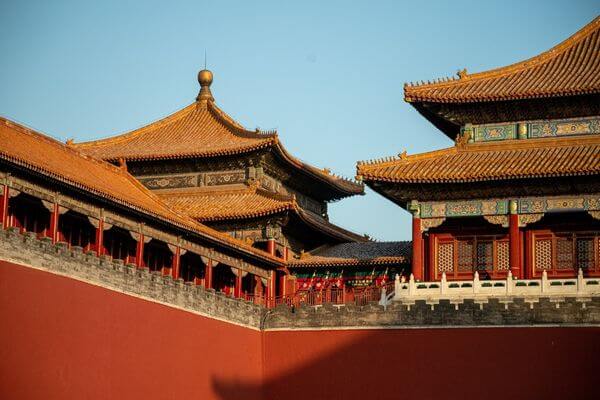On 21 Oct. 2022, the Ministry of Foreign Affairs of China (MFA) and the Government of the Hong Kong Special Administrative Region (HKSAR) set up the Preparatory Office of the International Organization for Mediation (IOMed) in the HKSAR.
To this end, the two sides signed the “the Arrangement on the Establishment of the International Organization for Mediation Preparatory Office in the Hong Kong Special Administrative Region” (關(guān)于在香港特別行政區(qū)設(shè)立國(guó)際調(diào)解院籌備辦公室的安排).
The MFA stated that no international intergovernmental organization currently specializes in mediation despite the growing demand for mediation in the global community. Therefore, China and various foreign states jointly drafted and signed the “Joint Statement on the Future Establishment of the International Organization for Mediation” (the “Joint Statement”), deciding to initiate the establishment of the IOMed to provide mediation services. The membership of the IOMed will maintain openness and inclusiveness.
The IOMed Preparatory Office is expected to organize and carry out negotiations of the convention on its establishment from 2023.
As far as is known, the IOMed is the second international dispute settlement institution initiated by China.
Before that, China had launched the Beijing-based International Commercial Dispute Prevention and Settlement Organization (ICDPASP) in 2020.
Cover Photo by Peter Zhou on Unsplash
Contributors: CJO Staff Contributors Team










